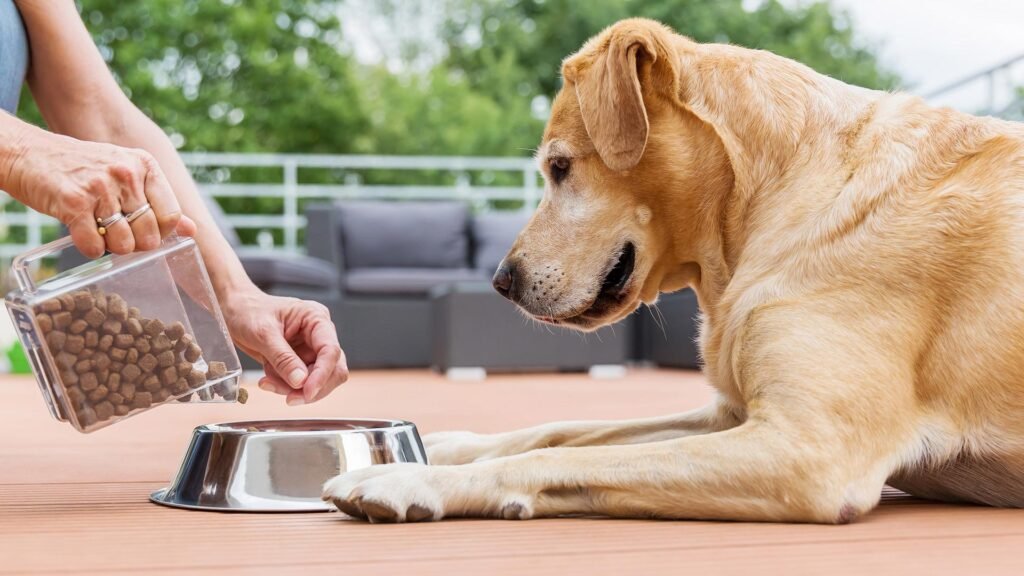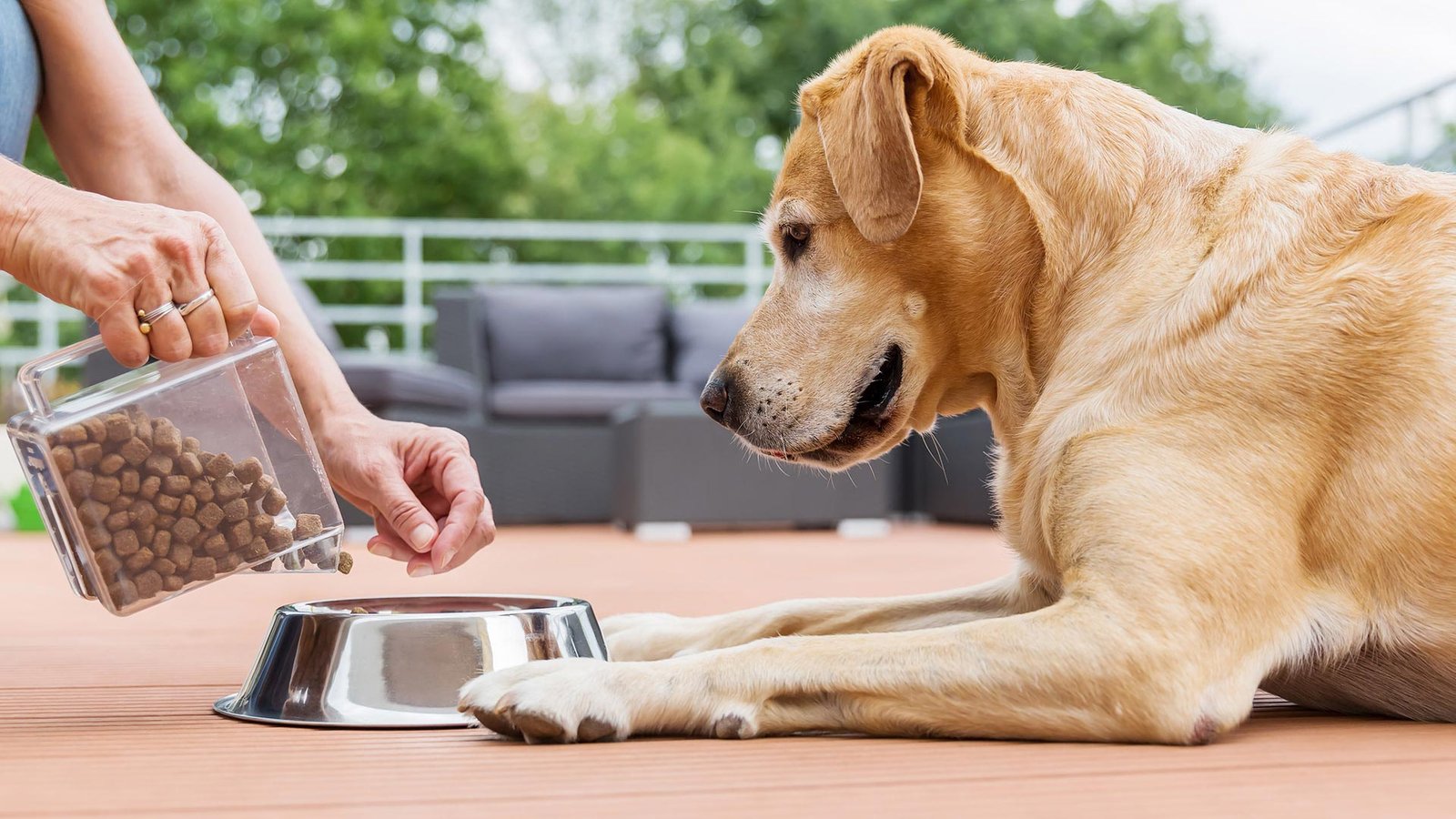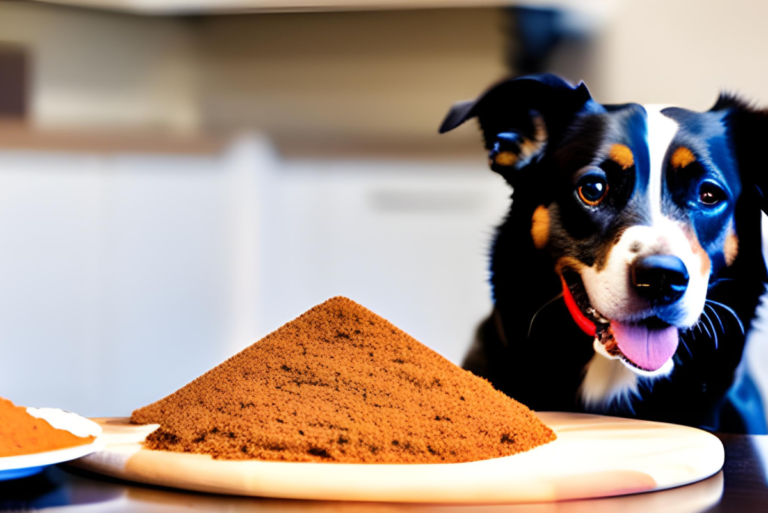How to Choose the Best Diet for Your Labrador Puppy

Bringing home a Labrador puppy is an exciting time, full of joy and new responsibilities. One of the most critical tasks you’ll face as a new pet parent is ensuring your puppy receives the proper nutrition. A well-balanced diet is essential for your Labrador puppy’s growth, energy, and overall health. But with so many options available, how do you choose the best diet for your furry friend? This guide will walk you through everything you need to know to make the right choice.
Understanding Labrador Puppy Nutritional Requirements
Labrador puppies are bundles of energy, and they need a diet that can keep up with their rapid growth and high activity levels. Here’s what you should focus on:
Caloric Needs: Labrador puppies require more calories per pound than adult dogs because they’re growing rapidly. However, it’s important to strike a balance to avoid overfeeding, which can lead to obesity and other health issues.
Protein and Fat Content: Protein is the building block of muscles, and fats provide the energy needed for all those puppy antics. Look for foods with high-quality proteins like chicken, beef, or fish, and ensure they have adequate fat content to fuel your puppy’s growth.
Vitamins and Minerals: Calcium and phosphorus are crucial for developing strong bones and teeth. Additionally, vitamins like A, D, and E support overall health and immunity.
Hydration: Always provide fresh water. Puppies are more prone to dehydration, which can lead to serious health concerns.
Choosing Between Commercial and Homemade Diets
When it comes to feeding your Labrador puppy, you have two primary options: commercial dog food or homemade meals.
Commercial Puppy Foods: Commercial foods are convenient and formulated to meet a puppy’s nutritional needs. Dry kibble is popular due to its shelf life and dental benefits, while wet food is often more palatable. Raw food diets are also gaining popularity but should be approached with caution and ideally under a vet’s supervision.
Homemade Diets: Preparing homemade meals allows you to control the quality of ingredients, but it’s crucial to ensure the diet is balanced. Without the right mix of nutrients, your puppy could miss out on essential vitamins and minerals, which could impact their health long-term.
Consulting with a Veterinarian: Before making any decisions, consult your vet. They can help you determine the best diet based on your puppy’s specific needs, including any health conditions or dietary restrictions.
Reading and Understanding Dog Food Labels
Understanding dog food labels is key to selecting the right diet for your Labrador puppy.
Key Ingredients to Look For: The first ingredient should be a high-quality source of protein, such as real meat or fish. Whole grains like brown rice or oats are good sources of energy, and natural ingredients ensure your puppy is getting the best nutrition.
Ingredients to Avoid: Steer clear of foods with fillers like corn, wheat, or soy, as well as artificial preservatives, colors, and flavors. These can lead to allergies or digestive issues.
Understanding AAFCO Standards: The Association of American Feed Control Officials (AAFCO) sets nutritional standards for pet foods. Ensure the product states that it meets AAFCO guidelines, which guarantees that the food is nutritionally complete and balanced.
Tailoring the Diet to Your Labrador Puppy’s Specific Needs
Every Labrador puppy is unique, and their diet should reflect that.
Growth Stages: Puppies grow rapidly in the first year, and their dietary needs change as they mature. Adjust the amount and type of food as they transition from the early puppy stage to adolescence.
Common Health Concerns: Labrador Retrievers are prone to certain health issues like hip dysplasia and allergies. A diet rich in omega-3 fatty acids can support joint health, while avoiding common allergens like corn and soy can help manage sensitivities.
Activity Level: More active puppies will need more calories to fuel their energy levels. On the other hand, less active puppies should be fed accordingly to prevent unnecessary weight gain.
Introducing New Foods Safely
Switching foods abruptly can upset your puppy’s stomach, leading to digestive issues.
Gradual Transition: When introducing a new food, mix it with the current food over a week, gradually increasing the proportion of the new food.
Monitoring for Allergies or Sensitivities: Watch for signs of food allergies or sensitivities, such as itching, ear infections, or gastrointestinal issues. If you spot any of these signs, reach out to your vet right away.
Sample Feeding Schedule: Establishing a regular feeding schedule is crucial for your puppy’s digestion and routine.
Meal Frequency: Puppies should be fed three to four times a day until they are about six months old. After that, you can reduce it to two meals per day.
Portion Sizes: Portion sizes will vary based on your puppy’s age, weight, and activity level. Always follow the feeding guidelines provided on the dog food packaging and adjust as needed based on your puppy’s growth.
Common Mistakes to Avoid
Feeding your Labrador puppy correctly can prevent a host of potential issues.
Overfeeding or Underfeeding: Overfeeding can lead to obesity, which strains a puppy’s developing joints. Underfeeding, on the other hand, can result in nutrient deficiencies and stunted growth.
Feeding Human Foods: While it’s tempting to share your meals with your puppy, many human foods are harmful to dogs. Chocolate, grapes, onions, and certain nuts are toxic and should be strictly avoided.
Skipping Regular Vet Check-Ups: Regular vet visits are essential for monitoring your puppy’s growth and adjusting their diet as needed. Your vet can also help you spot potential health issues early on.
Conclusion
Choosing the best diet for your Labrador puppy is one of the most important decisions you’ll make as a pet parent. By understanding your puppy’s nutritional needs, selecting high-quality food, and avoiding common feeding mistakes, you’ll set your Labrador up for a healthy, happy life. Always consult with your veterinarian to tailor a diet plan that’s perfect for your puppy’s unique needs. Ready to start? Certainly! Here’s a more engaging call to action. Got a Labrador puppy? Share your feeding tips or ask a question in the comments—let’s help each other raise healthy, happy pups





